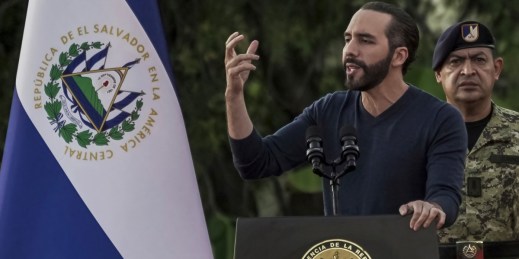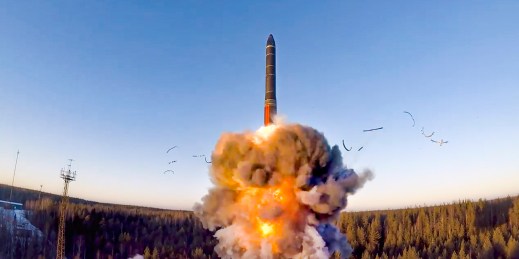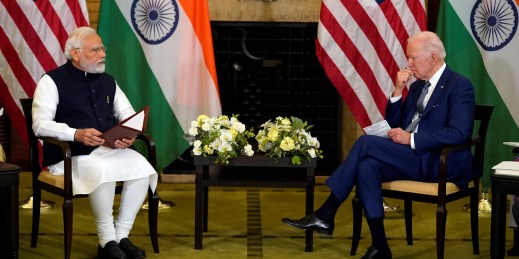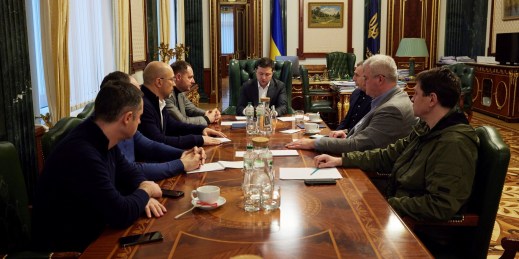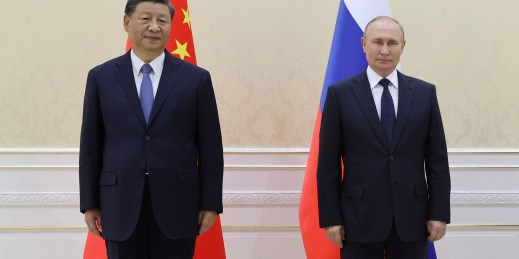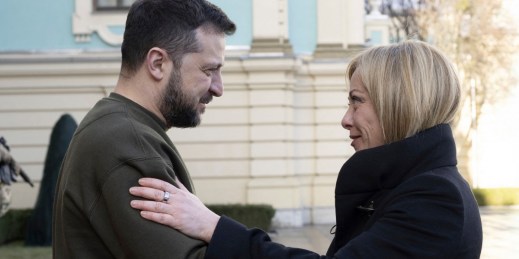
Italian Prime Minister Giorgia Meloni has largely chosen caution over confrontation in Rome’s foreign policy. But when it comes to Italy’s position on the war in Ukraine, and by extension its bilateral relationship with Russia, her administration’s emphasis on continuity seems to be diverging from domestic public opinion.

